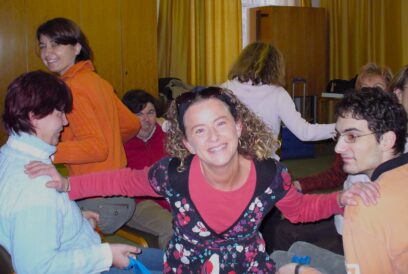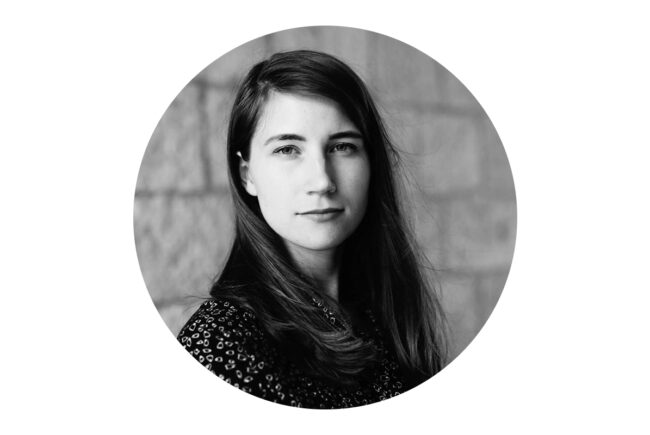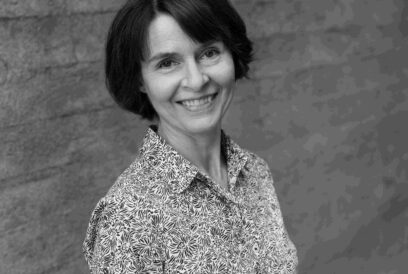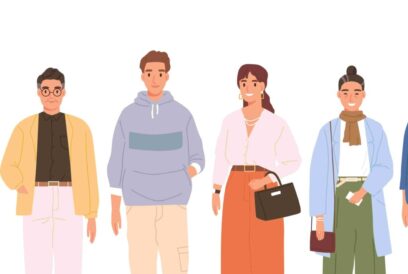

Mental health problems continue as one of the major public health problems in Europe. The good news is that adult educators stand on the side of a solution. The text is an editorial written for issue 3/2017 on Adult Education and Mental Health.
The odds are that you have been there. Or if it wasn’t you, it was a near family member or a close friend.
I’m talking about mental health problems of course.
Mental health issues affect most of us during our lifespan in one way or another. Based on WHO statistics, these conditions account for almost 20% of the burden of disease in Europe, affecting one in four people directly at some time in life.
In Finland for example, the most common mental health disorder, depression, is one of the major public health problems, including all illnesses.
Part of the statistics have a direct link to changes in work life, a field of interest for many adult education professionals. A recent survey showed that stress, burnout and sleep loss are having a significant negative impact across the European Union. More than a quarter of respondents said their wellbeing had been affected by factors such as an excessive amount of work.
And it’s good to keep in mind that the statistics do not include normal temporary mental problems caused by a difficult life situation.
This topic is serious, literally deadly serious. Based on a WHO estimate from 2012, six out of the 20 countries with the highest suicide rates in the world are in Europe.
THE GOOD NEWS is that adult education professionals are playing a clearly positive role in the overall picture, as positive effects of education on mental wellbeing have been scientifically verified in several studies.
In this theme issue, we take a look at the links between adult education and mental health. In the flagship article, Adult education increases mental wellbeing, we take a closer look at the findings of Benefits of Lifelong Learning (BeLL) projects, which clearly establish that adult education is highly beneficial for people’s mental wellbeing.
Another research-related piece presents a recent Norwegian study that compared the recovery processes of people with severe mental illness who were treated at either mental health centres or in special adult education programmes. The interview highlights the questions of how social environmental conditions may play a significant part in the treatment of severe mental illness.
Adult education may also directly serve in teaching people better coping skills. In the reportage Tools to tackle anxiety and depression, we visit a “Learn to tackle” course in Denmark.
Outside Europe, we hear testimony from a Brazilian adult education professional Isabelle Tabachi, who taught Kundalini yoga in a women’s prison for six months. Her mission was to help inmates to take care of their mental health.
We also visit India, where mental health problems remain a taboo. Life in India is changing from traditionally family-focused to more urban, work-orientated, causing rising levels of anxiety. In the reportage India’s hidden mental health problem, we ask what it would take for the benefits of learning and particularly adult education to bring relief to the situation.
Last but not least, in a very compelling feature, Psychotherapy: Science, courage, trust and art, we look at a very special topic: educating adults for a profession where all life experience is an advantage – that of the psychotherapist.
NOW, THE MORE DEPRESSING SIDE of news is that there is little evidence suggesting that the factors behind mental problems, such as changes in societal structures and global economy, will in any way lose their importance in the future. Quite the contrary in fact. Due to more competitive and less communal societies and working life, mental health issues caused by overwork or stress, burn-outs, are only becoming more common. We already looked at this topic in the 1/2017 issue.
Consequently, the role of adult education will become ever more important. Adult education will be needed not just to offer people meaningful experiences and coping skills, but to educate employers about the wellbeing of their employees, to educate public in a way that helps to relieve stigma and – if nothing else works – to help people to change their career course completely.
What’s more, the occurrence of mental health problems is not only on the rise among Europeans. In the future, we must also integrate and take care of the growing immigrant and refugee population, many of whom suffer from trauma-related mental health problems. So in December, we will pick up where we left off here, with the next issue being themed Adult education for social inclusion.
Meanwhile, sit back, relax and enjoy the healthy benefits of learning by reading the articles in this issue.
Author






